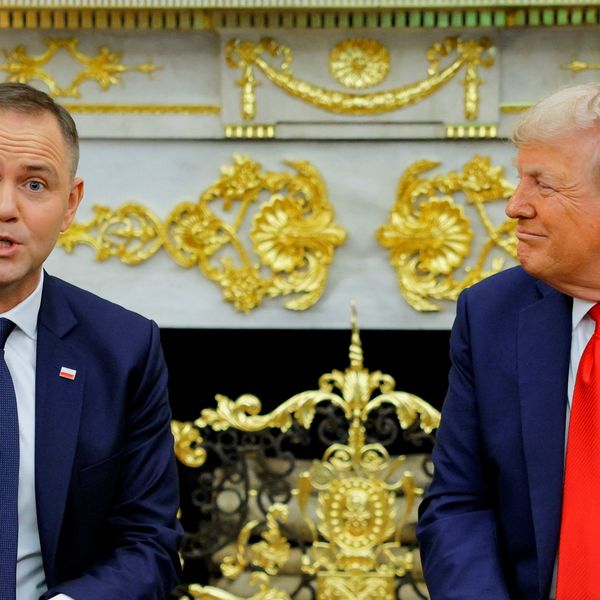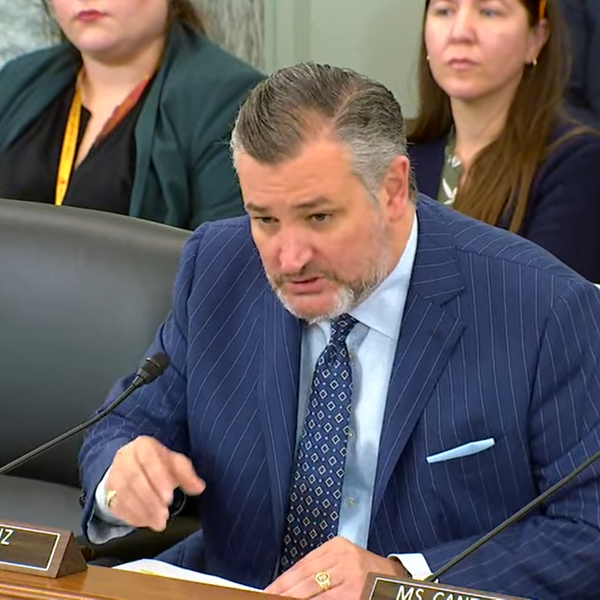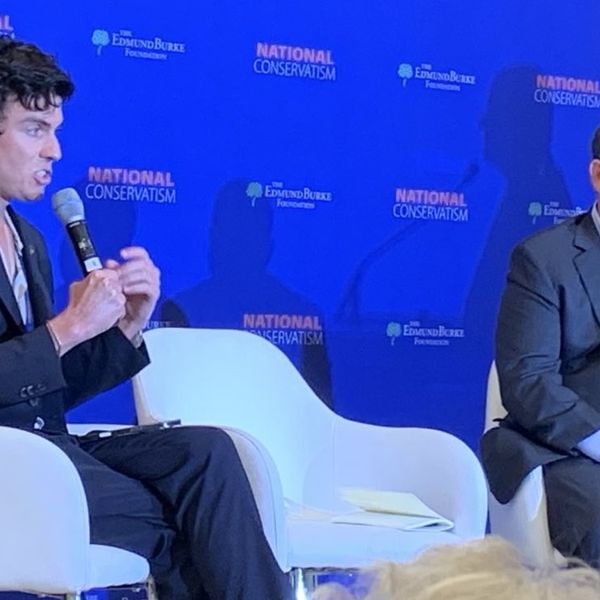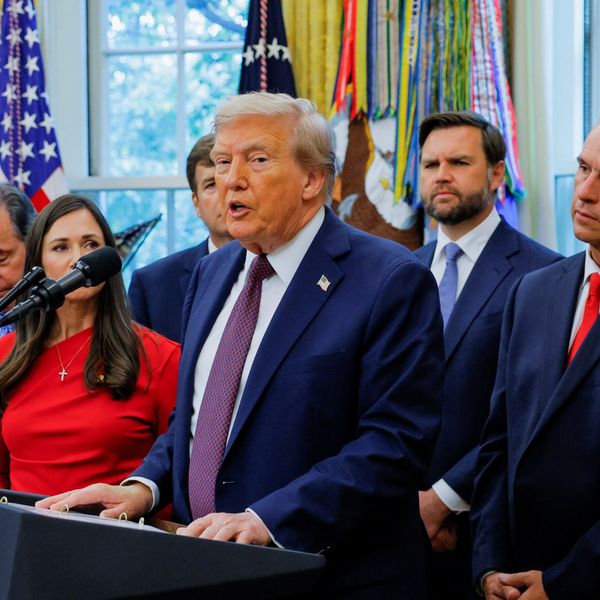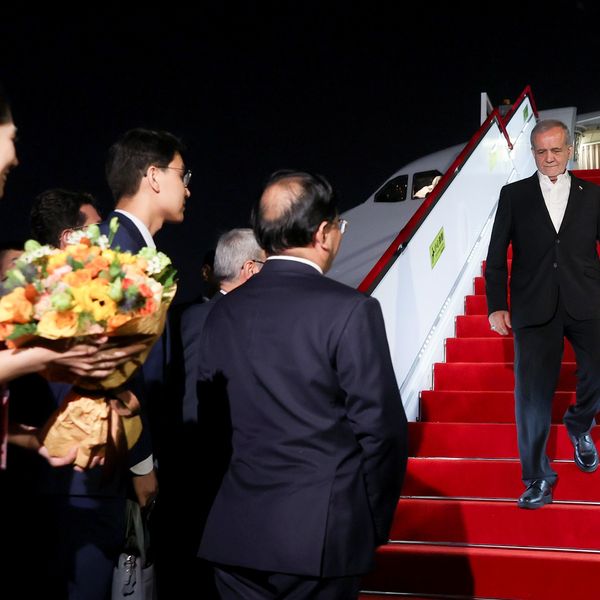On April 30, new Under Secretary of Defense for Personnel and Readiness Stuart Scheller, a former Marine Corps Lieutenant Colonel, announced his intent to push for military reform, echoing the frustrations that led to his 2021 court-martial for publicly criticizing the Afghanistan withdrawal.
His call for accountability resonates with my decades-long work as an advocate for transforming the broken U.S. military personnel and leadership systems and addressing the deep-rooted issues in military culture. These would include bloated bureaucracies, careerism, a lack of ethical leadership, and fossilized military doctrine — all which Scheller’s remarks brought into sharp focus.
I see Scheller’s appointment as a unique opportunity for change, but there is a lot of work to do.
A broken system
The U.S. military’s personnel system fosters a leadership culture that often serves the military-industrial complex’s interests over national security.
The “up or out” promotion model incentivizes officers to prioritize career advancement over mission success, rewarding those who avoid controversy and align with the status quo. This dynamic aligns with defense contractors’ desires for perpetual overseas operations, as prolonged conflicts drive demand for weapons, logistics, and services.
For example, the Pentagon’s reliance on costly, high-tech systems — like the $10 billion Littoral Combat Ship program, plagued by design flaws — reflects a preference for feeding contractor profits over delivering practical warfighting tools.
Similarly, the 20-year Afghanistan campaign, costing $2 trillion, enriched defense firms while strategic missteps prolonged the conflict, exposing troops to unnecessary risks. This culture not only fuels endless wars but also sidelines innovative leaders who challenge wasteful or escalatory policies, leaving servicemembers to bear the human cost.
A reformed military would prioritize mission success and troop safety over bureaucratic inertia and contractor interests. By fostering ethical, merit-based leadership and streamlining operations, the system could avoid reckless engagements and ensure servicemembers are deployed only when necessary.
My reform strategies — tested at West Point, Fort Benning, and with allies like Ukraine — offer a path forward, emphasizing four pillars: ethics, merit, transparency, and efficiency.
Ethics: Fostering moral courage
Adopting Mission Command, a decentralized leadership philosophy, empowers junior leaders to make decisions aligned with clear objectives, fostering moral courage over blind obedience.
Unlike the current zero-defects culture, which punished Scheller’s principled dissent, Mission Command would encourage leaders to prioritize duty and troop welfare, reducing reckless deployments driven by careerist or contractor pressures. For instance, ethical leaders could have questioned the prolonged Afghanistan presence, sparing lives lost in later years.
The U.S. Army War College study by Dr. Leonard Wong and Dr. Stephen J. Gerras, titled "Lying to Ourselves: Dishonesty in the Army Profession", published in 2015, examines systemic dishonesty within the U.S. Army. The study argues that the overwhelming number of administrative and training requirements imposed on officers makes it impossible to fully comply, leading to routine misrepresentation or "ethical fading."
Merit: Rewarding competence
Replacing the “up or out” system, emplaced in 1917 by the Navy, then by DoD in 1947, with a flatter, merit-based structure would promote leaders based on real-world skills — adaptability, critical thinking, and tactical innovation — rather than time served or connections. This would retain talent and ensure leaders prioritize mission success over appeasing defense contractors or chasing promotions.
Competent leaders who move up though this process are less likely to endorse unnecessary operations that endanger troops.
Transparency: Building trust
Opaque promotion and assignment processes breed distrust, as soldiers see favoritism at play. Clear, open criteria for advancement, tied to mission-relevant metrics, would rebuild confidence. Transparent assessments of force effectiveness could expose strategic errors — like those in Iraq or Afghanistan — before they escalate, preventing servicemembers from being sent into poorly planned conflicts fueled by external interests.
The 2001 Commandant of the Marine Corps Trust Study emphasized building trust through decentralized decision-making, mission command, and strong leadership ethics. If implemented in the DoD today, it could enhance operational efficiency by empowering lower-level commanders to make rapid, informed decisions, fostering agility in complex battlefields. It would strengthen unit cohesion and morale by prioritizing trust-centric leadership, aligning with modern warfare's demand for adaptability.
Additionally, it could improve public trust in the military by reinforcing ethical standards and transparency, addressing recent declines in confidence (e.g., 45% public trust in 2021 per Reagan Institute Foundation). This approach could also bolster recruitment and retention by cultivating a culture of accountability and professionalism.
Trimming ranks and headquarters
The most recent study addressing negative officer and headquarters bloat in the Department of Defense is the Congressional Research Service (CRS) report titled General and Flag Officers in the U.S. Armed Forces: Background and Considerations for Congress [R44389], updated on March 8, 2024.
This report highlights the increase in senior officer billets (3- and 4-star ranks) relative to total force size, noting that in 2023, there were 169 such billets compared to 155 during the Vietnam era, despite a significantly smaller force.
It cites concerns from the Project on Government Oversight (POGO) about the risk of creating a "military force of bureaucrats rather than warriors" and references historical warnings, such as General John Sheehan's 1998 statement about the dangers of an overly bureaucratic military staff. The report also discusses inefficiencies, such as excessive staff layers (up to 30 in some cases), which hinder decision-making and operational effectiveness.
Additionally, a 2023 article from the Epoch Times titled Top-Heavy, Bloated Command Structure Hurts US Military Effectiveness, Costs Billions (published September 26, 2023) draws on similar themes, referencing a 2017 Joint Force Quarterly study on "rank creep." It notes that the current 900 admirals and generals (including 41 four-stars) command a much smaller force than during World War II, leading to inefficiencies and higher costs without enhancing mission success.
The bloated officer corps and sprawling headquarters divert resources from combat units, slowing decisions and insulating leaders from frontline realities. Reducing general officer positions and headquarters staff, as suggested in the April 30, 2025, DoD memo, would empower frontline leaders and focus resources on troop readiness. A leaner structure would deter unnecessary overseas commitments, ensuring service members are deployed only for clear,
achievable objectives.
The opportunity
The military’s failures stem from a personnel system that fuels careerism, indulges the military-industrial complex, and endangers troops. Historical missteps in Vietnam, Iraq, and Afghanistan underscore the cost of this dysfunction.
With a new DoD leadership and public support for reform, the April 30, 2025, memo’s call to cut waste and prioritize effectiveness aligns with this blueprint. By dismantling the industrial-age personnel system, the Pentagon can create a military that values ethics, rewards merit, ensures transparency, and eliminates bloat — reducing the impulse to engage in endless wars and protecting servicemembers from needless harm.









